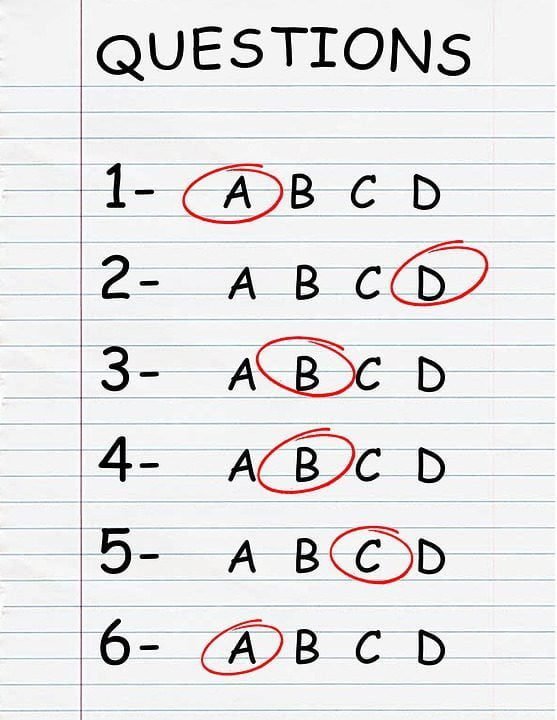
If you are planning on taking the ACT (American College Testing) for your college entrance, you’ll want to be ready ahead of time rather than going into the testing blind. Knowing the sections of the test and what is expected is important for college admission, and having a jump start is always a good idea when going from high school to college. Taking the ACT is one way to prepare for the changes that occur with higher education.
This test is divided into four mandatory sections with multiple choice questions, which include English, Mathematics, Reading, and Science tests. Also included is an optional Writing section for a total of five different sections. With these test subdivisions, it is fairly easy to structure study sessions that incorporate each area, as breakdowns for each test are given through study tips for acing the ACT. Here are six that should help.
Start Sooner than Later
Test preparation takes time and a three to six month period for study should be sufficient for most students. In order to ace the test, a full six months should probably be considered to understand the intricacies of the test as well as study for the individual sections. Learning to navigate the test(s) in general is an accomplishment in itself.
Practice Questions
To orient yourself to the kinds of questions asked on the ACT, you’ll want to actually access the practice questions and familiarize yourself with the structure, format, question types, question difficulty, and time limits involved with each test section. There are practice questions as well as preparation guides for the overall test that can be of significant help in preparing for the exam.
Understand the Structure
One of the most important aspects of the ACT is understanding how the test is structured and how to maneuver through it. As in the previous tip, you’ll want to examine how the test questions are configured in order to pinpoint the right multiple choice answers. There are, again, explanations through online guides and prep materials for this process. For example, the ACT English questions appear to be formatted in a confusing manner, and finding the immediate answer can present problems, so the fastest way to complete the answers is to skim through the reading passage to understand the content and context of the passage. From there, go back through any underlined sentences that will help determine final answers.
Eliminate the Obvious
Another effective tip with the ACT is eliminating the obviously wrong answers within any of the test divisions. You always want to look for answers that are blatantly wrong and quickly discard them. To find the correct answer, you want to be very precise about what makes the answer the right one. For example, if you are looking at questions in the English and Reading sections, you want to find evidence that supports an answer selection. The key is if you don’t find the evidence, eliminate the answer choice.
Monitor Time
This aspect of the test is critical, as certain time limits are placed on each test section. Pacing your time is important as you don’t want to linger over one question while there are easier ones to answer. Spending too much time on any question can harm your score. If you are completely puzzled or stymied over one question, move on. Answering easier questions should always take priority. If there is enough time left, go back to the tricky ones. Again, going through ACT practice questions will help you to learn how to pace yourself for each test section.
Know the Content
Within each of the test areas, there will obviously be questions that are less difficult because of the content being familiar and more easily understood. Any subject area that presents problems should be examined for weaknesses. For example, within the Math section, it would be wise to know formulas that relate to algebra and geometry as well as conversions for basic math problems that involve percentages, fractional parts, decimals, etc. The same is true of the English section that requires reading comprehension ability, grammar, and punctuation expertise. Say you’re college plans are focused on getting a degree in business management, which would mean you should probably concentrate on problem solving, critical thinking and number crunching. These general areas will likely appear in some form or fashion in the corresponding test sections.
Taking the ACT involves advanced planning and preparation, particularly if you want to ace the test and present impressive scores to a prestigious college or university, or apply for a scholarship or other higher education financing. Test anxiety and apprehension can be alleviated when the right information and tips are incorporated in an overall strategy to tackle and ace a test like the ACT.

